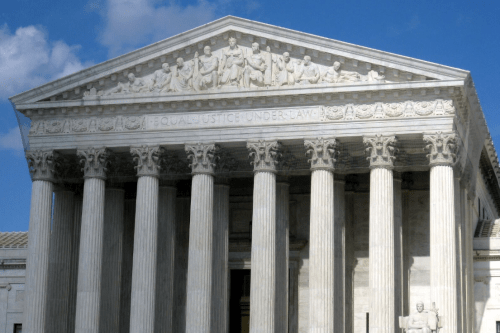Editors’ Note: In a recent interview with Foreign Policy Interrupted, Tamara Wittes was asked about how the situation in the Middle East has changed since she published her 2008 book
Freedom’s Unsteady March
. Five years after the Arab uprisings and the start of the Syrian civil war, and a year and a half after the Islamic State captured Mosul (along with the world’s attention), Tamara says that many of the same fundamental dynamics in the Middle East are still at work.
The situation in the region has changed so dramatically since then, but I think that the fundamental insights that informed that book remain true. The underlying drivers of change in the Middle East are still there in terms of the demographic drivers, the economic drivers, the technological drivers that I described in the book; they are all still present.
Although there’s a lot of disorder and a lot of violence, and that leads people on the ground to prioritize security and to search for security in different ways, that doesn’t mean that they’re going to be satisfied. It doesn’t mean that the, “well, at least it’s not ISIS” line is going to suffice for governments in the Middle East for very long.
The underlying drivers of change are still present, the pressure for change is still present, and a lot of those pressures are about the simple fact of individual empowerment. Expectations shifted, and people, individuals, have the ability to act in ways that they didn’t before. States and governments have to accommodate that. It’s affecting politics all over the world, and the Middle East is not immune.
So the question becomes: how are governments going to learn to accommodate that and turn it into a strength? I think that the United States does have a really important role to play there. There were mistakes that the Bush administration made—setting aside his vision of Iraq, which has of course been very thoroughly discussed and assessed. But even in terms of non-military intervention to try to advance reform, the critique I made in the book is that the Bush administration was overly focused on political process and elections in particular. I think that one of the other lessons that has come of recent years is that the United States and other Western countries get very focused on political institutions and think, well, if we set up a judicial system, and we set up a parliament, and a constitution, then the gears in the machine sort of start to turn, the states start to function. Look at the rebuilding efforts in Afghanistan, for example.
But what we see in the Middle East today is that formal institutions aren’t enough. People have to have trust in the institutions, and people and communities have to have sufficient agreement on the basic rules of the game to make those institutions legitimate and authoritative. And that’s what’s missing in a lot of places around the region right now, that there isn’t enough dialogue and debate and ultimately negotiated agreement on the basic rules of the game. So I think that the challenge for the United States and others who care about stability in the Middle East going forward is how to help cultivate platforms for that kind of dialogue, and how to help cultivate the skills and the mechanisms for resolving very fundamental questions about how government should be organized and what should be the role of religion and politics, and what’s the balance between individual rights and collective identity.
These are big, big, questions, and right now, in too many places, they are being fought over violently. But the questions still have to be answered, and so the challenge is helping develop ways to do that, to do it peacefully.



Commentary
Plus ça change, plus c’est la même chose: Why the underlying drivers of change in the Middle East haven’t changed
February 29, 2016